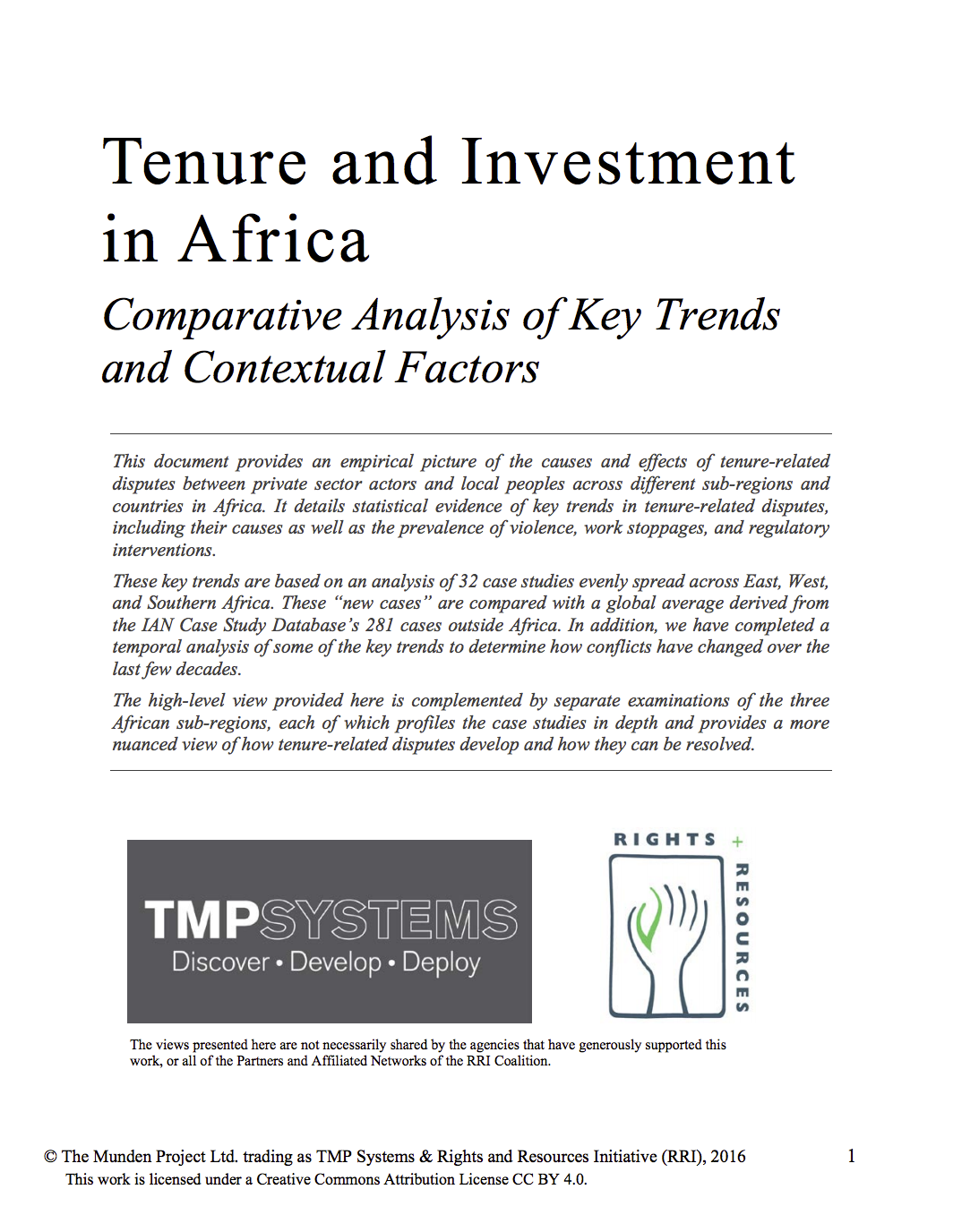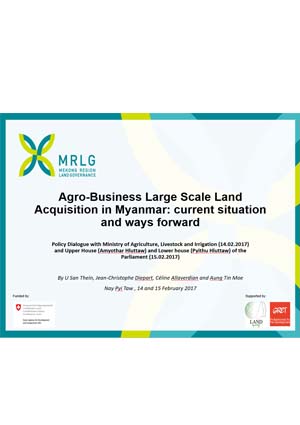Exploring the Trade Patterns and Developmental Implications of Land Concessions: The Case of Cambodia, Lao People's Democratic Republic and Thailand
ABSTRACTED FROM EXECUTIVE SUMMARY: This report deals with land concessions in Cambodia, Lao People’s Democratic Republic and Thailand – a much contended topic which leads discussants from issues such as land ownership and utilization to social structures, human rights and beyond. Overall, this report aims to examine changes in relative competitiveness in selected tradable commodities of Thailand and whether they are impacted through increases of land concession in selected countries in the subregion.




